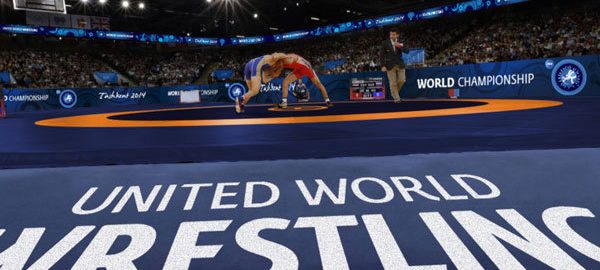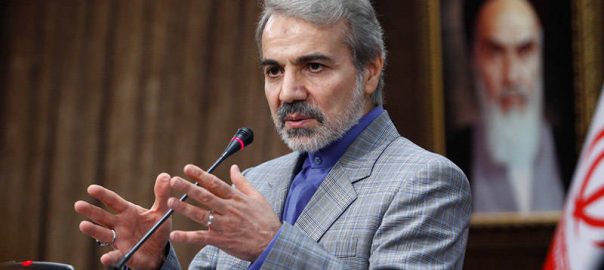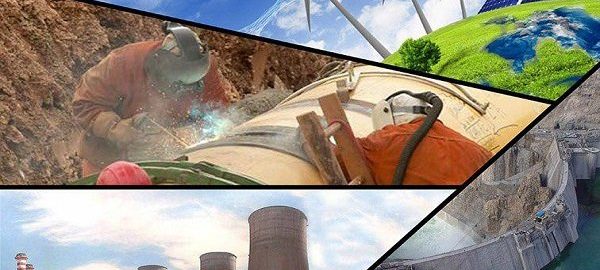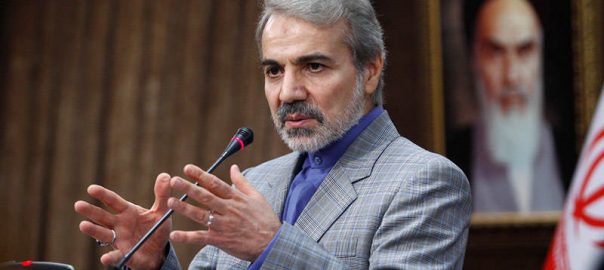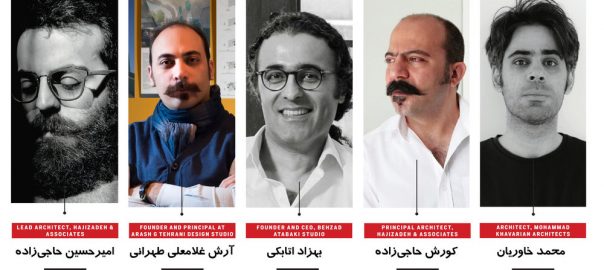Academy award-winning film ‘The Salesman’ directed by Asghar Farhadi has been nominated for 2018 BAFTA Awards in the Best Film Not in the English Language category.
‘The Salesman’, which won acclaimed director Asghar Farhadi his second Oscar, has now been nominated by 2018 BAFTAs for Best Film Not in the English Language, along with ‘Elle’, ‘First They Killed My Father’, ‘The Handmaiden’, and ‘Loveless’.
‘The Salesman’ won the Best Actor award, for star Shahab Hosseini, and the Best Screenplay award at the Cannes Film Festival in 2016. It also garnered the Satellite Award for Best Foreign Language Film given by the International Press Academy.
The Iranian drama tells the story of Emad (Shahab Hosseini) and Rana (Taraneh Alidoosti), a couple who are part-time actors playing Willy and Linda Loman in a Tehran production of Arthur Miller’s ‘Death of a Salesman’, when an intruder in their new home shakes this marriage to its core.
The 71st British Academy Film Awards, known as the BAFTAs, will be held on 18 February 2018 at the Royal Albert Hall in London.
Full list of nominees:
Best film
Call Me By Your Name
Darkest Hour
Dunkirk (Christopher Nolan, Emma Thomas)
The Shape of Water (Guillermo del Toro, J. Miles Dale)
Three billboard outside Ebbing, Missouri (Graham Broadbent, Pete Czernin, Martin McDonagh)
Outstanding British film
Darkest Hour
The Death of Stalin
God’s Own Country
Paddington 2
Three billboard outside Ebbing, Missouri
Outstanding debut by a British writer, director or producer
The Ghoul (Gareth Tunley [Writer/Director/Producer], Jack Healy Guttman & Tom Meeten [Producers])
I Am Not A Witch (Rungano Nyoni [Writer/Director], Emily Morgan (Producer)
Jawbone (Johnny Harris [Writer/Producer], Thomas Napper [Director])
Lady Macbeth (Alice Birch [Writer], William Oldroyd [Director], Fodhla Cronin O’Reilly [Producer])
Film not in the English language
Elle (Paul Verhoeven, Saïd Ben Saïd)
First They Killed My Father (Angelina Jolie, Rithy Panh)
The Handmaiden (Park Chan-wook, Syd Lim)
Loveless (Andrey Zvyagintsev, Alexander Rodnyansky)
The Salesman (Asghar Farhadi, Alexandre Mallet-Guy)
Documentary
City of Ghosts (Matthew Heineman)
I Am Not Your Negro (Raoul Peck)
Icarus (Bryan Fogel, Dan Cogan)
An Inconvenient Sequel (Bonni Cohen, Jon Shenk)
Jane (Brett Morgen)
Animated Film
Coco (Lee Unkrich, Darla K. Anderson)
Loving Vincent (Dorota Kobiela, Hugh Welchman, Ivan Mactaggart)
My Life As A Courgette (Claude Barras, Max Karli)
Director
Blade Runner 2049 (Denis Villeneuve)
Call Me By Your Name (Luca Guadagnino)
Dunkirk (Christopher Nolan)
The Shape of Water (Guillermo del Toro)
Three billboard outside Ebbing, Missouri (Martin McDonagh)
Original screenplay
Get Out (Jordan Peele)
I, Tonya (Steven Rogers)
Lady Bird (Greta Gerwig)
The Shape of Water (Guillermo del Toro, Vanessa Taylor)
Three billboard outside Ebbing, Missouri (Martin McDonagh)
Adapted Screenplay
Caall Me By Your Name (James Ivory)
The Death of Stalin (Armando Iannucci, Ian Martin, David Schneider)
Film Stars Don’t Die in Liverpool (Matt Greenhalgh)
Molly’s Game (Aaron Sorkin)
Paddington 2 (Simon Farnaby, Paul King)
Leading Actress
Annette Bening (Film Stars Don’t Die in Liverpool)
Frances McDormand (Three Billboards Outside Ebbing, Missouri)
Margot Robbie (I, Tonya)
Sally Hawkins (The Shape of Water)
Saoirse Ronan (Lady Bird)
Leading Actor
Daniel Day-Lewis (Phantom Thread)
Daniel Kaluuya (Get Out)
Gary Oldman (Darkest Hour)
Jamie Bell (Film Stars Don’t Die in Liverpool)
Timothée Chalamet (Call Me by Your Name)
/ Mehr news /

